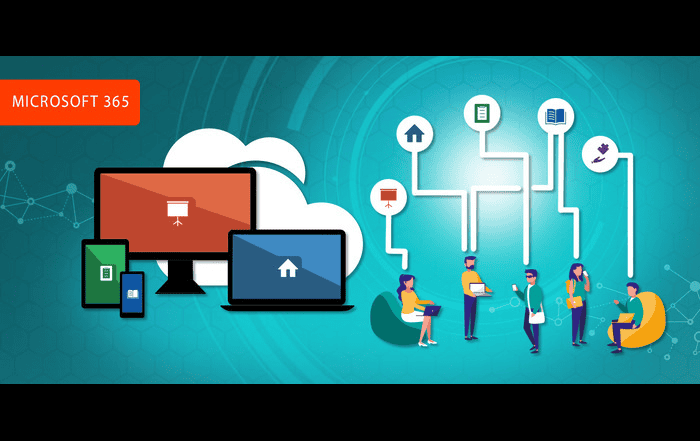
Running a business is as much about ensuring it’s financially viable as it is about serving your customers and keeping them happy. In addition to securing sufficient sales and generating revenue, all businesses need to keep their outgoings in check. In the office, overheads can become a challenge to keep under control.
Whether you’re a manager or owner, the need to minimize overheads can become an abstract concept, lost in the hectic day-to-day grind of your responsibilities. For this reason, it’s vital to explore different strategies that might not have occurred to you and be proactive about implementing new ways of cutting back.
1. Get an energy audit completed
Your energy bill is likely a major component of your total office overheads, which is why an energy audit could potentially save you a lot of money. An energy audit involves having an accredited energy assessor, check your premises to review how you’re using energy. He/she might review your energy bills, use meters to measure usage and track your progress. Your assessor might break down consumption to see how much individual pieces of equipment are using. He/she could review your workplace design and monitor employee behavior.
After reviewing your property and processes, your assessor will make recommendations on how you can improve efficiency. The measures could be as simple as changing light bulbs and using motion-sensor light switches to installing a solar hot water heater and upgrading your building design. These strategies could save your business money and enhance employee productivity by creating a greener and more comfortable workplace.
2. Invest in smart appliances
Smart devices can be responsive to their environment and might work in coordination with other devices to help your office lower their overheads. Often these devices are what’s known as the Internet of Things (IoT) enabled, which means they’re connected to the Wi-Fi and can be controlled from a mobile device. In a smart office, you could automate your lighting and temperature to dim the lights during the daytime and brighten them progressively as it gets darker.
You could also set your office lighting to automatically turn off at a given time. Sensor-based lighting and heating or cooling can be programmed to switch off after a period of no activity in the office, saving you energy if staff forget to switch off. Additionally, switching to LED light bulbs could see dramatic savings on your office power bills.
3. Turn unused office space into coworking space
Billions of dollars in office space is going unused, so have you thought about leasing out a part of your workspace? Coworking spaces are all the rage now, with solopreneurs, start-ups, and other small businesses using these on-demand premises for their operations. Even a spare desk or two can be monetized and put back into your business to help cover the overheads. Before advertising your coworking space, check local regulations to ensure you have all the appropriate licensing and permits.
If you’re on a lease, check with your landlord to obtain permission to sublet a part of your property. Public liability insurance could also be essential. Turning unused office space into coworking space could also be a great opportunity to review your operations and streamline your processes to make more efficient use of your property. You could end up with an additional stream of income as well as operational efficiencies.
4. Hire remote staff
Instead of maintaining a full team of on-site employees, consider hiring remote staff. Remote staff work from their homes, own office space, a cafe, or wherever they’d like to be based for the day. This reduces your office-spacing requirements, not to mention utilities, equipment and furniture expenses, cleaning costs, and other office overheads.
Given the abundance of user-friendly, cost-effective technology solutions like video conferencing tools and teamwork platforms, it’s easier than ever to bring remote teams together to collaborate successfully. What’s more, employees love the convenience and flexibility of working remotely, especially since it saves them on commuting time and transportation costs. Finally, remote workforces could be associated with higher productivity and lower turnover.
5. Go paperless
Switching to a paperless office could provide numerous advantages. You can end up streamlining your operations and saving time as well as cutting costs. Going paperless eliminates most if not all of your mail. You’ll save money on postage paper-based correspondence and be able to remove mail-management processes like filing, shredding, and have to decide what to discard.
Email, e-statements, and e-newsletters can be far easier to manage and retrieve and they can be much cheaper to store. A paperless office is more space-efficient, which frees up precious office real estate. It saves you from buying pricey filing cabinets and having to lease a bigger property.
Using receipt tracking software and expense reimbursement apps like Xpense.PRO eliminates overpaying tax by failing to track and organize expense receipts.
Final considerations
Saving energy, hiring remote workers, and finding extra sources of income like renting out unused space will provide your business with immediate cost savings. Strengthening your financial position in this way makes your business more resilient and competitive. Moreover, it can free up cash for your most high-value, growth activities, which could be anything from marketing to product research and development.
Eliminating waste isn’t only about cost savings for your business, however. In the broader scope of things, minimizing waste and boosting efficiency can have a positive impact on the environment. It can improve your business’s sustainability metrics, which you can share with customers and partners to boost your credibility and communicate your organizational values.
Xpense.PRO is Business expense tracker app which simplifies official expense reimbursement. It is a secure place to keep and organize all your receipts.








